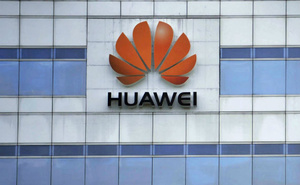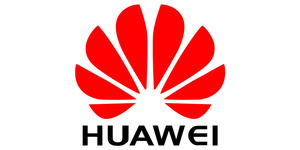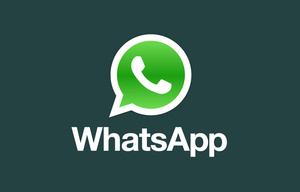
Spotify adds sleep timer to its Android version - Here's how to use it
 Many people prefer to go to sleep while listening to soothing music. To help with this, Spotify has finally added a sleep timer to its Android app. Such feature has been a standard option for most music players for ages now, but the biggest of them all, Spotify, hasn't bothered with the feature until now.
Many people prefer to go to sleep while listening to soothing music. To help with this, Spotify has finally added a sleep timer to its Android app. Such feature has been a standard option for most music players for ages now, but the biggest of them all, Spotify, hasn't bothered with the feature until now.
To activate the feature, use the three-dot menu in top corner in "Now Playing" mode. Now, a menu appears. There, you can spot the Sleep Timer option. User can choose between 5, 10, 15, 30, 45 and 60 minutes. Alternatively, you can choose to end playing after the currently playing track.
As you might imagine, here's nothing more to it. A simple, yet quite useful new feature to the most popular streaming music app there is. Screenshots below highlight where to find the feature:



 After yesterday's decision by Google to
After yesterday's decision by Google to  Google has confirmed the
Google has confirmed the  Most of the computer fans know the legendary Commodore 54. Even those of you who are too young to personally experience machine might have heard of the computer. But very few have ever heard about Commodore 65, C=64's planned successor.
Most of the computer fans know the legendary Commodore 54. Even those of you who are too young to personally experience machine might have heard of the computer. But very few have ever heard about Commodore 65, C=64's planned successor.
 The old magnetic strip of debit and credit cards is nowadays rarely used in most of the Western countries, having been mostly replaced by either contactless payments or chip-and-pin payments. Finnish bank S-Pankki has now introduced a line of debit and credit cards that are designed vertically rather than horizontally.
The old magnetic strip of debit and credit cards is nowadays rarely used in most of the Western countries, having been mostly replaced by either contactless payments or chip-and-pin payments. Finnish bank S-Pankki has now introduced a line of debit and credit cards that are designed vertically rather than horizontally.
 Facebook owns some of the world's most popular social media and communication channels, but haven't done much to improve their interoperability. This is about to change soon, as the company plans to allow sending private messages between its main messaging platforms: Instagram, Messenger and WhatsApp.
Facebook owns some of the world's most popular social media and communication channels, but haven't done much to improve their interoperability. This is about to change soon, as the company plans to allow sending private messages between its main messaging platforms: Instagram, Messenger and WhatsApp.
 Facebook has been tipping its toes with the massive dating app market recently with its Facebook Dating feature, available in handful of countries. Now, company is expanding that business by launching a feature called Secret Crush.
Facebook has been tipping its toes with the massive dating app market recently with its Facebook Dating feature, available in handful of countries. Now, company is expanding that business by launching a feature called Secret Crush.





